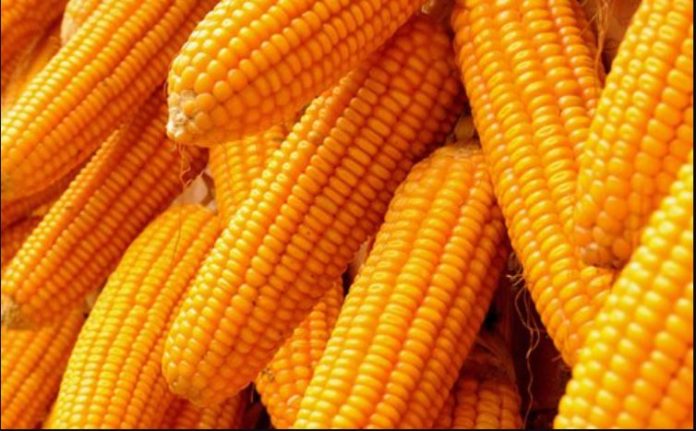The Kenyan government has announced plans to permit the importation of 5.5 million bags of non-GMO yellow maize over the next year. This initiative aims to alleviate the current pressure on white maize, which is in high demand for both human consumption and animal feed.
Agriculture Cabinet Secretary Mutahi Kagwe stated that a 50% duty waiver will be applied to these imports, facilitating their entry into the market. The imported yellow maize will be designated exclusively for animal feed production.
The decision comes in response to the escalating competition between animal feed producers and maize millers for the limited white maize stocks available in the country. This competition has contributed to a 26% increase in the price of a 90-kilogram bag of maize.
By shifting animal feed production to yellow maize, the government aims to make white maize more accessible and affordable for human consumption, thereby stabilizing the cost of maize flour, a staple in Kenyan households.
In addition to facilitating imports, the government plans to release maize from the National Strategic Food Reserve to millers producing flour for human consumption. This measure is intended to further cushion consumers from the impact of rising maize flour prices.
CS Kagwe also encouraged local farmers to consider cultivating yellow maize to meet the domestic demand of over one million metric tonnes required annually by the animal feed industry. He emphasized that such a shift would reduce reliance on imports and positively impact the national economy.
This policy marks a shift from the government’s previous stance. In October 2023, President William Ruto had halted the issuance of new permits for maize and wheat imports to protect local farmers, stating that such measures would only be reconsidered in the event of insufficient local produce.
The current move to allow yellow maize imports reflects the government’s adaptive approach to addressing the nation’s food security challenges and economic needs.








